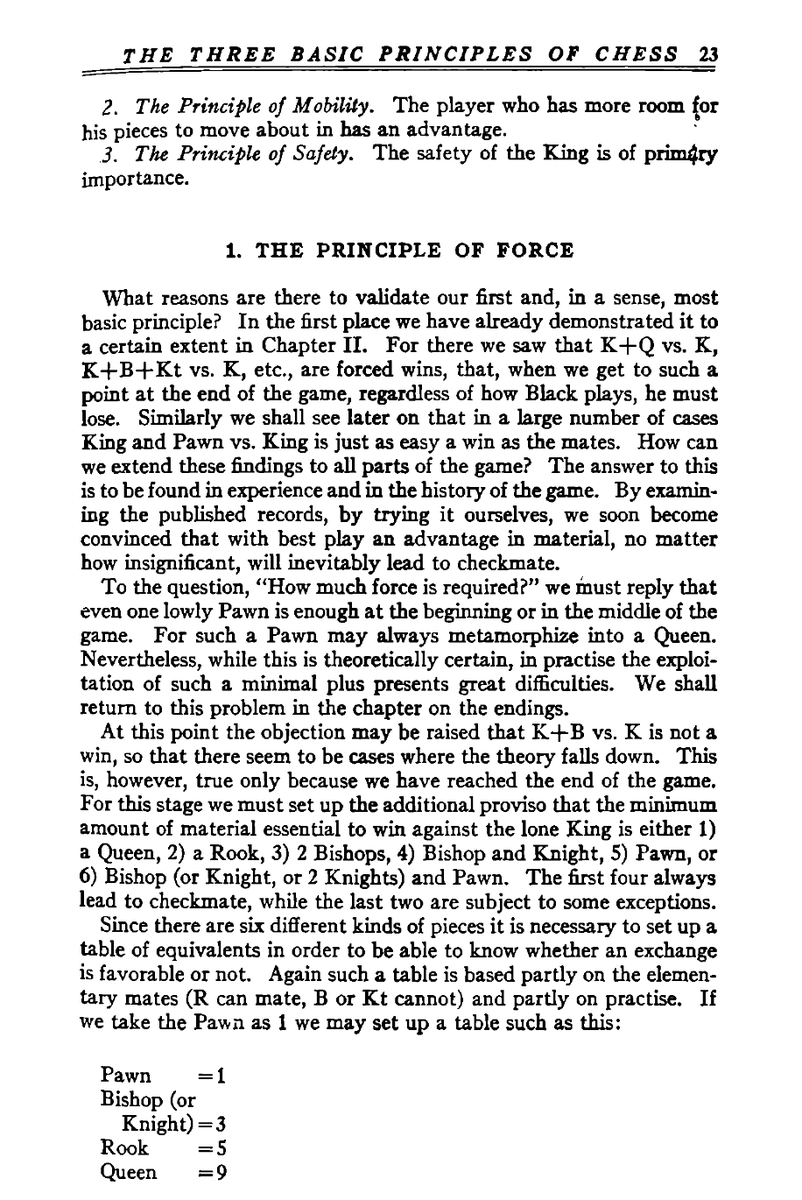For the first time we have evidence that the Higgs boson decays into a Z boson and a photon.
A phenomenal achievement!
Τhis very rare decay is a crucial test of electroweak symmetry breaking and if the Higgs was a little bit lighter we would have never seen it
🧵 1/10
A phenomenal achievement!
Τhis very rare decay is a crucial test of electroweak symmetry breaking and if the Higgs was a little bit lighter we would have never seen it
🧵 1/10

Classically a Higgs boson can't decay into photons: Photons are massless and the Higgs boson only sees massive fields
But in quantum field theory it can interact with massive fields and *they* can interact with photons
Using this detour a Higgs can decay into photons
2/10
But in quantum field theory it can interact with massive fields and *they* can interact with photons
Using this detour a Higgs can decay into photons
2/10

Because this is a quantum effect it is rare, but experimentally very clean.
In fact the Higgs was discovered decaying into 2 photons 10 years ago.
In this case all charged particles contribute to the decay rate as *intermediaries* 3/10
atlas.cern/Discover/Physi…
In fact the Higgs was discovered decaying into 2 photons 10 years ago.
In this case all charged particles contribute to the decay rate as *intermediaries* 3/10
atlas.cern/Discover/Physi…
The newly observed decay h →Z γ is even rarer.
It happens only for 0.1% of all Higgs produced. And because the Z boson isn 't stable, experimentalists look for its decay into muons which happens only ~3% of the time
You need ~ 30000 Higgs to see h → Z γ → μμ γ once
4/10
It happens only for 0.1% of all Higgs produced. And because the Z boson isn 't stable, experimentalists look for its decay into muons which happens only ~3% of the time
You need ~ 30000 Higgs to see h → Z γ → μμ γ once
4/10

Thats why it took 10 years and a 20 times as much data to find this decay
If the Higgs would have been lighter we wouldn't have seen this decay at all.
5/10
If the Higgs would have been lighter we wouldn't have seen this decay at all.
5/10
The Standard Model predicts both the h → γγ and h → Z γ decay rates precisely.
It tells us that for both decays the intermediate heavy field is most likely the W field, and less likely the top quark, but for h → Z γ the top quark contribution is smaller
6/10
It tells us that for both decays the intermediate heavy field is most likely the W field, and less likely the top quark, but for h → Z γ the top quark contribution is smaller
6/10
Measuring both pins down the charges and weak quantum numbers of the heavy fields.
We already know the h → γγ rate, so deviations from the Standard Model in h → Z γ would be hard to explain by any new intermediate fields barring some cancellation.
7/10
We already know the h → γγ rate, so deviations from the Standard Model in h → Z γ would be hard to explain by any new intermediate fields barring some cancellation.
7/10
But we could still discover new physics in this decay. For example there is a unique way for the Higgs to decay into an axion and a Z boson: h → Z a with the axion decaying into 2 photons
If the axion is light the 2 photons are indistinguishable from a single photon
8/10
If the axion is light the 2 photons are indistinguishable from a single photon
8/10

This could only enhance the rate because there can't be interference for different final states and the gamma gamma rate would be completely unaffected.
But even though we see a slight enhancement for now the evidence agrees with the Standard Model prediction.
9/10
But even though we see a slight enhancement for now the evidence agrees with the Standard Model prediction.
9/10

The high-lumi LHC will be able to observe these rare Higgs decays with ever increasing precision and it will be interesting to see if the Standard Model survives all tests.
So far it remains undisputed
cds.cern.ch/record/2860129…
10/10
So far it remains undisputed
cds.cern.ch/record/2860129…
10/10
• • •
Missing some Tweet in this thread? You can try to
force a refresh

 Read on Twitter
Read on Twitter












